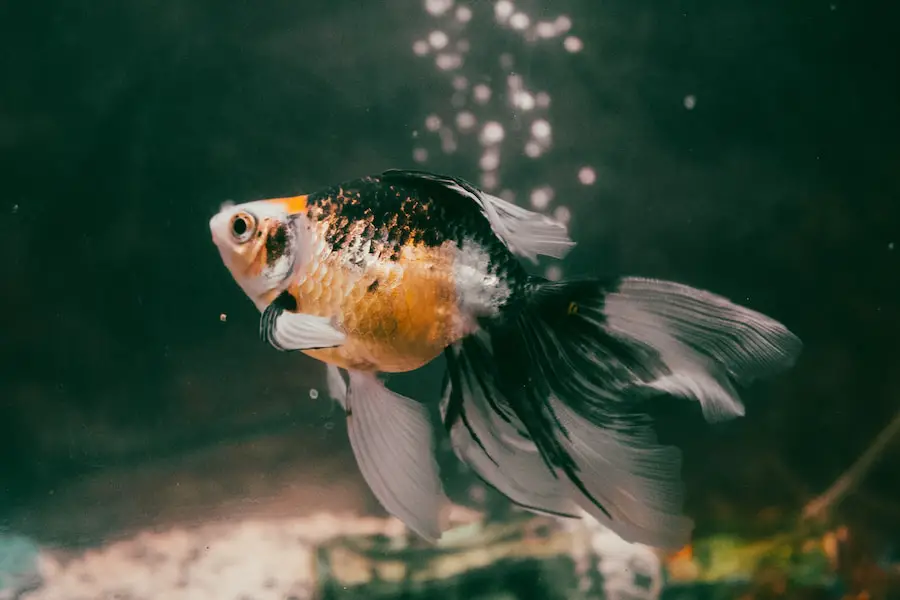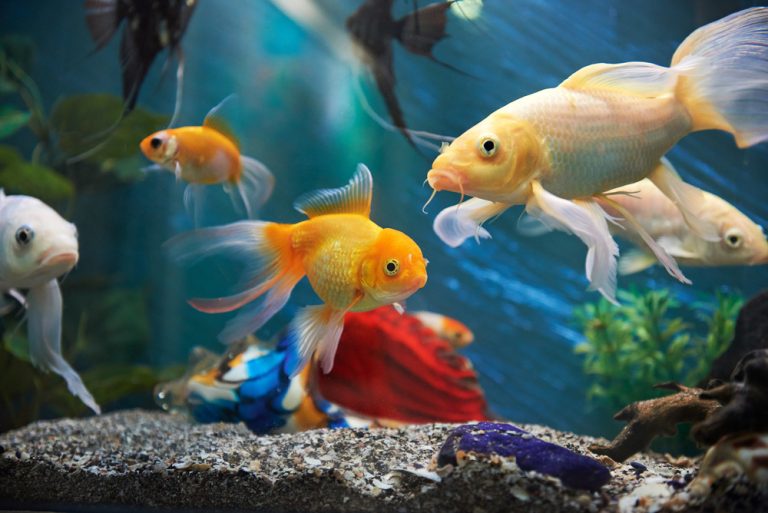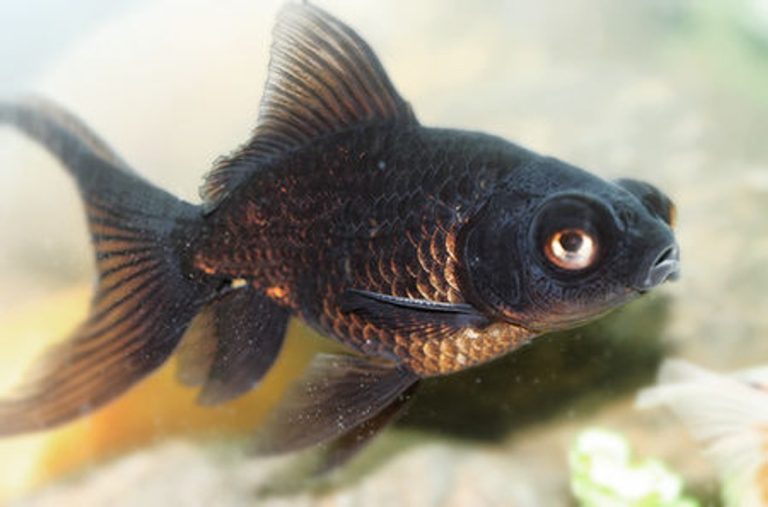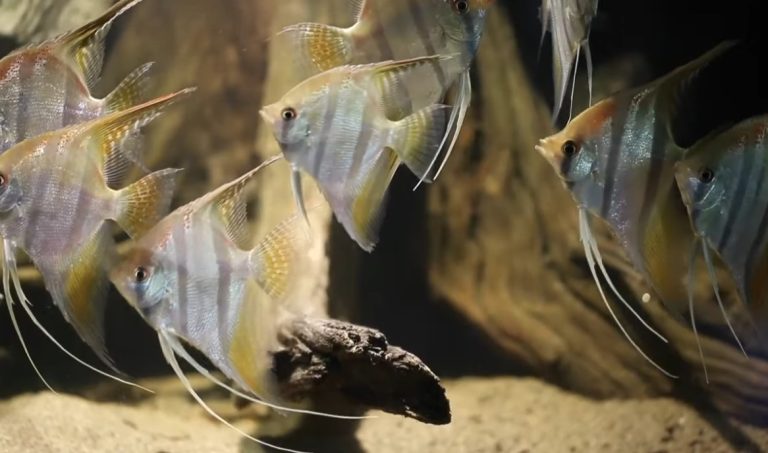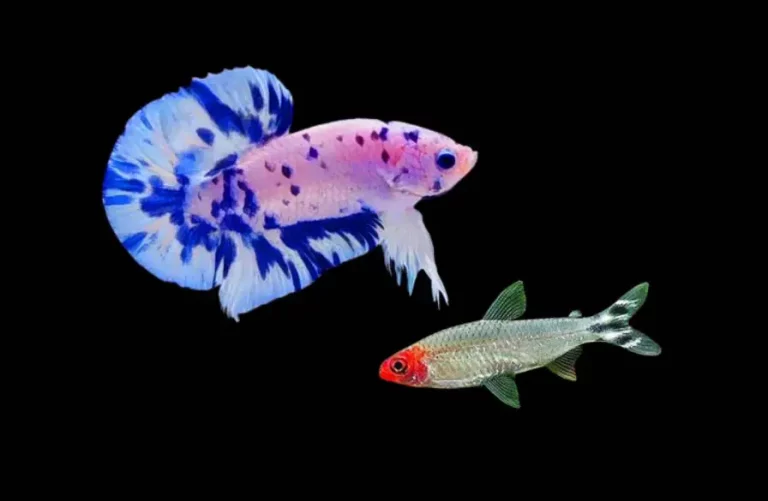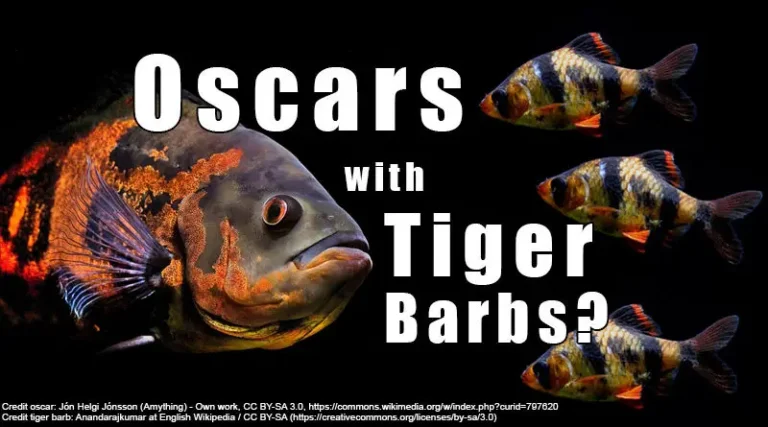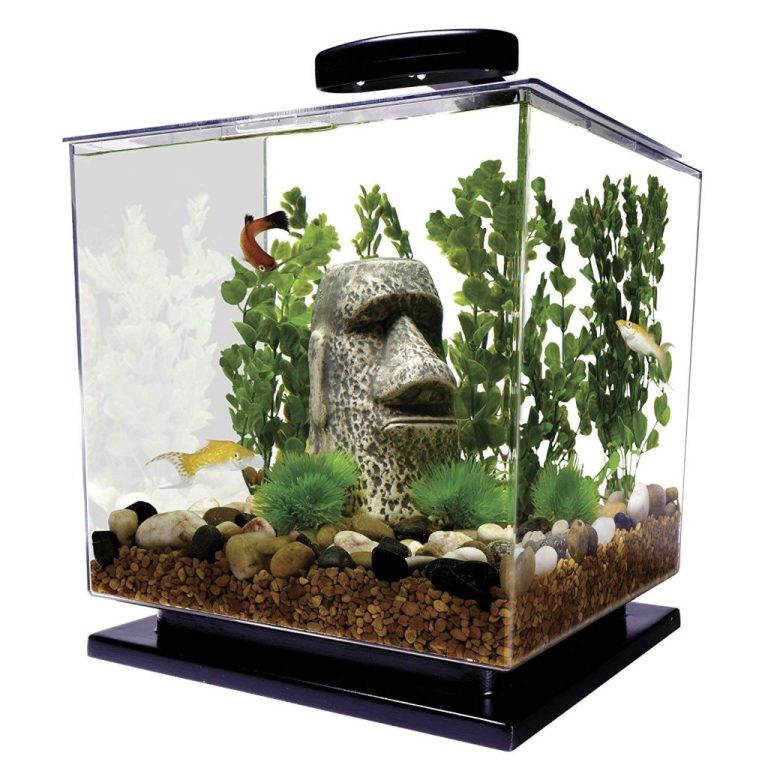Goldfish Not Moving But Breathing
Goldfish Not Moving but Breathing: What Could Be the Cause?
Have you noticed that your goldfish is not moving but is still breathing? It can be concerning and confusing to see your little aquatic friend seemingly motionless in the water. In this article, we will explore the possible reasons behind this behavior and what steps you can take to ensure the health and well-being of your goldfish.
Understanding the Habit of Goldfish
Before we delve into the reasons why your goldfish may not be moving, it’s important to understand their typical behavior and habits. Goldfish are known for their slow and leisurely swimming style, often taking short breaks in between movements. It’s also common for them to rest at the bottom of the tank or hover near the surface, especially during moments of relaxation or when they’re feeling unwell. So, the occasional stillness of your goldfish isn’t necessarily a cause for concern.
However, if your goldfish has been immobile for an extended period and shows no signs of movement even when you approach the tank, it’s essential to investigate further.
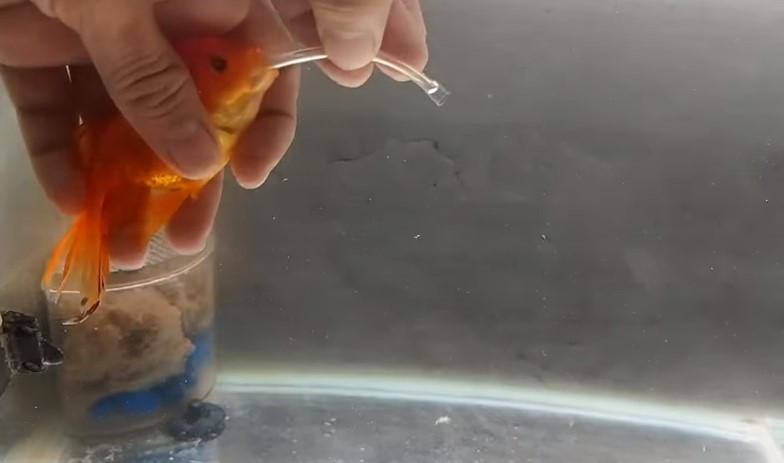
Possible Causes for Goldfish Not Moving
1. Water Quality: Poor water quality can have a significant impact on the health of your goldfish. Ammonia and nitrite spikes, high nitrate levels, improper pH, and low oxygen levels can all cause stress and lead to fish becoming less active and even motionless.
2. Temperature: Goldfish are cold-water fish and thrive in temperatures between 68-74°F (20-23°C). Extreme temperatures outside this range, either too cold or too hot, can affect their metabolism and cause them to become lethargic.
3. Disease or Illness: Various diseases and illnesses can affect goldfish, leading to decreased mobility. Common illnesses include swim bladder disorder, which affects their ability to control buoyancy, and fungal or bacterial infections that can cause lethargy.
4. Stress: Goldfish are sensitive to their environment, and stress factors such as overcrowding, sudden changes in water conditions, or aggressive tank mates can cause them to become still and inactive.
5. Age: Like any living creature, goldfish have a lifespan, and as they age, they may become slower and less active.
Steps to Take When Your Goldfish Is Not Moving
1. Check Water Parameters: Conduct regular water tests to ensure the conditions in the tank are optimal. Keep ammonia, nitrite, and nitrate levels in check, maintain a proper pH level between 6.5-7.5, and ensure that oxygen levels are sufficient.
2. Adjust Temperature: Use a reliable aquarium thermometer to monitor the water temperature. If it’s too low or high, adjust the heater or provide a cooling fan to maintain the ideal range for your goldfish.
3. Observe for Signs of Illness: Look out for other symptoms like loss of appetite, abnormal swimming patterns, discoloration, or visible signs of infection. If you notice any of these, consult a veterinarian experienced in fish care for proper diagnosis and treatment.
4. Evaluate Stress Factors: Assess the tank environment and identify any potential stressors. Make sure the tank is adequately sized for your goldfish, remove any aggressive tank mates, and avoid sudden changes in water conditions.
5. Provide a Balanced Diet: Goldfish require a diverse and nutritious diet to stay healthy. Make sure you’re feeding them a variety of high-quality foods suitable for goldfish, including pellets, flakes, vegetables, and occasional treats like bloodworms.
Frequently Asked Questions
Q: How long can a goldfish survive without moving?
Goldfish have the ability to survive for short periods without moving, especially during periods of rest. However, if they’re continuously immobile for more than a few days, it’s a cause for concern, and you should take steps to investigate and address the issue.
Q: Can stress cause a goldfish to stop moving?
Yes, stress can significantly impact the behavior of goldfish, leading to reduced movement or even complete stillness. Identifying and addressing stress factors in the tank can help promote a healthier and more active fish.
Final Thoughts
While it’s normal for goldfish to exhibit moments of stillness, prolonged periods of immobility can be a sign of an underlying issue. By closely monitoring your goldfish’s behavior, maintaining a clean and well-maintained tank, and providing a stress-free environment, you can help ensure the well-being and happiness of your aquatic pet. Remember, if you’re ever unsure or concerned about your goldfish’s health, it’s best to consult a veterinarian with expertise in fish care for professional guidance and support.
